Ecology has arrived as a new way of living. From using fewer plastic bags in the supermarkets, to world-wide campaigns to turning electricity off, ecology is seen as a new way of living. In a little corner of the city of Zaragoza, some people are trying it.
Many companies and families are aware of all of the environmental problems that modern civilization has caused in our planet. Scientists are trying to create new energy sources that don`t harm the ozone layer, don’t contaminate clean water and don’t harm forests and millions of animals that are forced to leave their natural environment and run for their lives. And all of this just because of the oil that countries need to produce to run their cars.
A carbon footprint is the total set of greenhouse gas (GHG) emissions caused by an organization, event, product or person.» However, calculating a carbon footprint which conforms to this definition is often impracticable due to the large amount of data required, which is often time consuming to obtain. A more practicable definition has been suggested, “a measure of the total amount of carbon dioxide (CO2) and methane (CH4) emissions of a defined population, system or activity, considering all relevant sources, sinks and storage within the spatial and temporal boundary of the population, system or activity of interest. Calculated as carbon dioxide equivalent (CO2e) using the relevant 100-year global warming potential (GWP100).
In Spain, recent studies have discovered that almost 1,200 people could’ve died in Spain in the last 12 years because of contamination issues, especially in cities like Valencia, Barcelona, Seville and Madrid. And what’s more important: €20 million could be saved in medical expenses if Spanish people would take better care of the environment.
In Zaragoza, there’s a family that is trying to make a change. The Centro Social de Zaragoza is a place where people live to recover from addictions and psychological problems. But apart from that, they’re trying to make a change by cultivating their own vegetables, without any chemicals or harming the environment.
Their house was built in the early 90s by and architect whose main idea was not to use electricity during the day, so the house is full of windows and sunlight during the day. But the people that live in the center have been going to different courses to learn how to make the house more ecological.
“We’ve learned how to build solar panels and we’ve been to different conferences about how to save money and not harm the planet by doing little things. For example, we’ve built a water deposit for the rain, and we use that water to wash dishes and clean the house. That way, we don’t waste water and we save money,” explains Maria Lozano, director of the program and a person committed to ecology.
“Most people don’t realize that just by doing the smallest things you can save money and help the planet. Our next idea is to install windmills and have another source of clean energy to use during the night.”
The next generation has the key to save the planet, because if we don’t stop the constant abuse of natural resources, our planet won’t have enough energy to go on. And then, there will be nothing that we can do to reverse the damage.


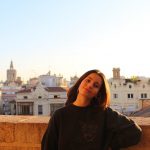

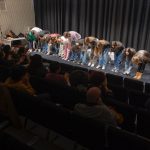




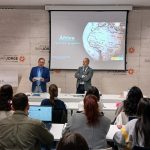
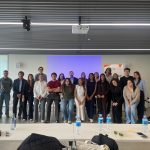

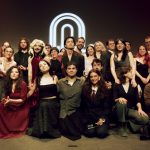


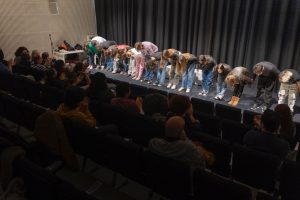

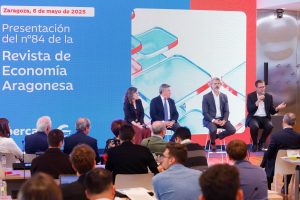

Comentar